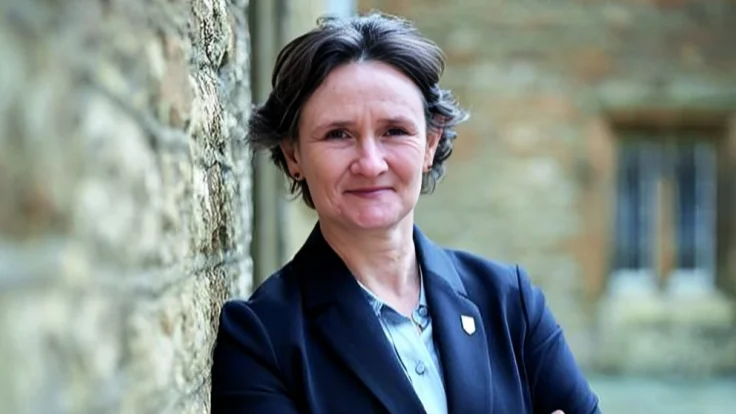A research collaboration led by the University of Oxford has contributed to a significant reduction in infant mortality from sepsis in Nigeria, one of the countries with the highest rates of child deaths globally. Sepsis, a severe response to infection that can lead to organ failure and death, is responsible for millions of deaths among children under five, particularly in sub-Saharan Africa.
The project involved work at 12 hospital sites across six countries, including three hospitals in Nigeria. With funding from the Bill and Melinda Gates Foundation, the first phase of the study (2015–2020) enabled new diagnostic tools, expanded clinical staffing, and new laboratory construction. These measures allowed blood culture testing—previously unaffordable for many families—to be offered at no cost. As a result, doctors were able to identify bacterial infections earlier and prescribe antibiotics more appropriately.
Lead author Chinenye Akpulu from the IOI explained: “In many low- and middle-income countries, clinicians are forced to treat new-born infections without access to laboratory confirmation, leading to overuse or misuse of antibiotics. This accelerates antibiotic resistance and puts lives at risk. Our study showed that when blood culture diagnostics are made available, treatment becomes more targeted, outcomes improve, and the death rate drops.”
The improvements included upgraded neonatal intensive care units (NICUs), enhanced laboratories, hands-on molecular microbiology training for staff—some of whom pursued advanced research qualifications—and increased patient engagement through recruitment of local research assistants. More than 6,000 mother-infant pairs were enrolled during the project.
Dr Kenneth C. Iregbu, co-Principal Investigator at National Hospital Abuja, stated: “Through this study, we discovered that our first line of treatment, a combination of ampicillin and gentamicin, was ineffective in treating newborn babies with neonatal sepsis. This discovery helped save many lives and will continue to do so even after the study ends. We also noticed that patients were returning to the hospital as they were guaranteed to be seen by a physician.”
However, researchers noted challenges regarding long-term sustainability once external funding ended. Some hospitals struggled to maintain resources such as blood culture systems; some families lost access to free diagnostics after project phases concluded.
Dr Kirsty Sands from IOI said: “While the outcomes of our research are promising and highlight the importance of AMR surveillance, it also raises important questions about sustaining research projects after funding ends. Without structured exit strategies, research may unintentionally harm the communities it intends to help.”
The team outlined several recommendations for future global health projects: planning for sustainability from inception; prioritizing capacity-building; centering local perspectives; and engaging local governments early on for resource continuity.
A second phase funded by IOI is now underway in seven Nigerian hospitals until 2026. This stage focuses on embedding sustainable diagnostic capabilities—including permanent laboratories powered by solar energy—to reduce dependence on unreliable electricity infrastructure.
The full findings have been published in Nature Communications.

